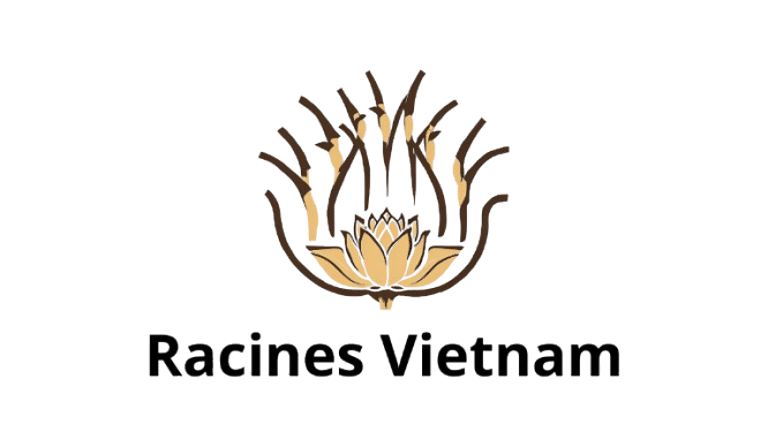“A blog created by an adopted Franco-Vietnamese for all those seeking to reconnect with their origins.”
Why Some Adoptees Choose Not to Search for Their Birth Parents: Emotional, Legal, and Personal Reasons Explained
Discover why many adoptees decide not to search for their birth parents. Explore the emotional, legal, and identity challenges involved in the adoption journey, including openness, permanency, and healing.
3/17/20252 min read


Why Some Adoptees Choose Not to Search for Their Birth Parents
Understanding a Deeply Personal Decision in the Adoption and Foster Care Journey
Every adoption story is unique.
Whether through international adoption, infant adoption, foster care and adoption, or domestic adoption, the decision to search for a birth parent is deeply personal.
For many adopted children, the choice is simply not to search — and that decision deserves to be understood.
Let's explore why.
1. Strong Bonds Within the Adoptive Family
When Love and Belonging Are Complete
For many adoptees, their emotional needs are fully met within their adoptive families.
Careful home-study evaluations ensuring safe and nurturing environments
Emotional security built by committed foster-parents, social workers, and adoption agencies
Full finalization of parental rights under adoption law, creating permanent bonds
Families formed through adoption services or adoption centers, emphasizing belonging over biology
Testimonial:
"My adoptive family is my true family. I never felt the need to search for anyone else."
— Julien, 32, adopted through infant adoption.
Further reading: The Emotional Foundations of Forever Families
2. Fear of Rejection and Past Trauma
Choosing Emotional Self-Protection
For some adoptees, the idea of reopening wounds from early life experiences is overwhelming.
Past experiences of neglect within foster care systems or orphanages
Difficulties faced by children in foster care, sometimes experiencing multiple placements and separations
Ongoing emotional support provided through adoption assistance programs and counseling
Complex emotional realities especially for adoptees with siblings separated by adoption processes
Testimonial:
"Facing potential rejection again wasn't worth the pain. I chose my peace of mind."
— Claire, 28, adopted via foster care and adoption.
Further reading: Emotional Challenges in Adoption and Reconnection
3. Building a Full Life Without Searching
Thriving Beyond Biological Roots
Many adoptees embrace the lives they have built, focusing on the present.
Becoming nurturing single parents or creating families by adopting a child
Adoption journeys often starting from expectant families choosing placement
Financial relief provided through adoption assistance and management of adoption costs
Forming permanent homes for waiting children or foster children, strengthening the next generation
Testimonial:
"My family is where love resides, not bloodlines. That was enough for me."
— Lucas, 40, adopted through interstate compact adoption.
Further reading: Building Family and Identity After Adoption
4. Legal, Administrative, and Financial Barriers
The Practical Challenges of Reconnection
Sometimes, legal and financial realities make searching extremely difficult.
Limited access to adoption information and complex retrieval of paperwork
Costs related to hiring legal support, traveling internationally, and accessing sealed records
Interstate adoption complexities governed by the interstate compact agreements
Need for referrals and supervision through adoption services during post-adoption investigations
Testimonial:
"The cost, the paperwork, the bureaucracy — it made me realize my life now is what matters most."
— Sophie, 35, adopted internationally.
Further reading: Navigating the Legal Obstacles in Adoption Searches
5. Cultural Identity and Life After Adoption
When Two Worlds Don’t Always Align
Particularly for internationally adopted individuals, cultural identity conflicts are real.
Language barriers and cultural gaps
Emotional dissonance when reconnecting after years of separation
Support from social workers, adoption agencies, and specialized adoption services critical to healing
Recognizing the challenges faced by siblings separated through interstate or international adoptions
Testimonial:
"I realized home is about who stands by you, not necessarily where you come from."
— Mathieu, 29, adopted as an infant through international adoption.
Further reading: Identity Development in International and Foster Care Adoptees
Conclusion: Every Adoption Journey Is Unique and Valid
Choosing not to search for birth parents is a deeply personal and powerful decision.
Whether coming from foster care systems, international adoption, or domestic placement, every adopted child and adoptive family deserves respect for the path they choose.
Family is ultimately built through love, nurturing, and lifelong commitment — not just genetics.
Main Menu:
Explorations:
Resources & Immersive Content
Community & Support
Legal & Languages
Contact & Social Networks
✉️ contact@racinesvietnam.com
📱 Instagram | Facebook | YouTube
©️ Copyright
© 2025 RacinesVietnam.com — Tous droits réservés
Site indépendant, créé sans code, hébergé par Hostinger
